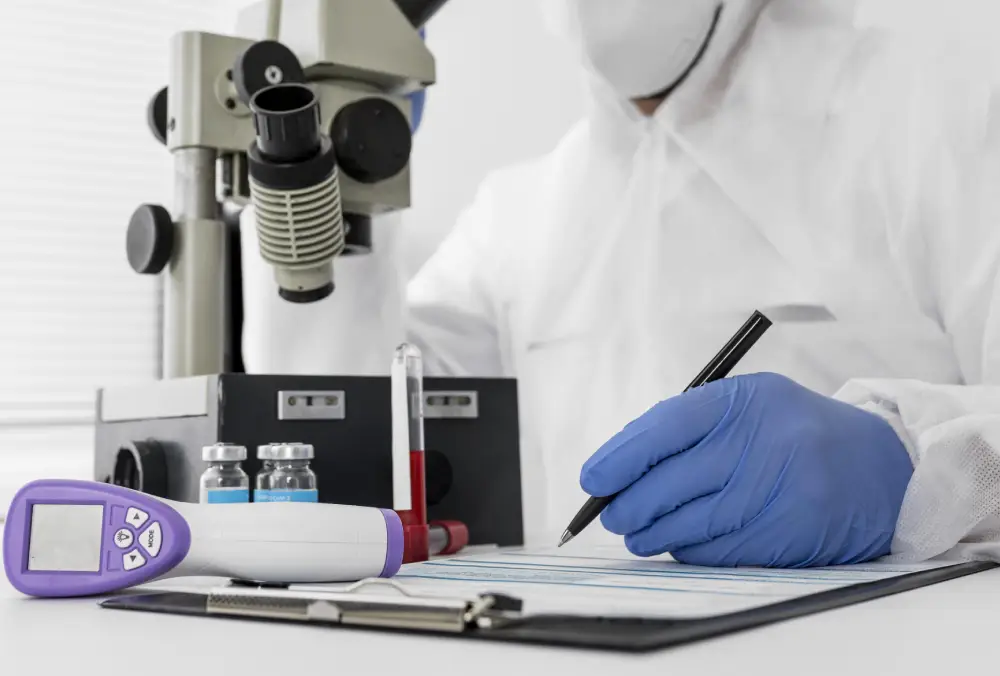Pathology

Pathology is a branch of medical science that involves the study and diagnosis of diseases. It encompasses the examination of tissues, organs, fluids, and cells to understand the nature and causes of diseases. Pathologists are medical professionals who specialize in pathology and play a crucial role in the diagnosis, treatment, and prevention of diseases.
There are several subfields within pathology, including:
1. Anatomic Pathology:
This involves the examination of tissues, organs, and specimens obtained through surgical procedures, autopsies, or biopsies. Anatomic pathologists analyze the structural and morphological changes in tissues to diagnose diseases such as cancer.
1. Anatomic Pathology:
This involves the examination of tissues, organs, and specimens obtained through surgical procedures, autopsies, or biopsies. Anatomic pathologists analyze the structural and morphological changes in tissues to diagnose diseases such as cancer.
2. Clinical Pathology:
This branch focuses on the analysis of bodily fluids, such as blood, urine, and cerebrospinal fluid. Clinical pathologists use various laboratory tests to diagnose and monitor diseases, assess organ function, and analyze blood cell counts.
3. Forensic Pathology:
Forensic pathologists investigate the cause of death in cases of sudden, suspicious, or unnatural deaths. They work closely with law enforcement agencies to determine the circumstances surrounding a person’s death.
4. Molecular Pathology:
This area involves the study of diseases at the molecular level, including the analysis of DNA, RNA, and proteins. Molecular pathologists use advanced techniques to identify genetic and molecular abnormalities associated with diseases, contributing to personalized medicine and targeted therapies.
5. Cytopathology:
Cytopathologists study individual cells, often collected through procedures like Pap smears or fine-needle aspirations. They diagnose diseases by examining cellular changes and abnormalities.
This branch focuses on the analysis of bodily fluids, such as blood, urine, and cerebrospinal fluid. Clinical pathologists use various laboratory tests to diagnose and monitor diseases, assess organ function, and analyze blood cell counts.
3. Forensic Pathology:
Forensic pathologists investigate the cause of death in cases of sudden, suspicious, or unnatural deaths. They work closely with law enforcement agencies to determine the circumstances surrounding a person’s death.
4. Molecular Pathology:
This area involves the study of diseases at the molecular level, including the analysis of DNA, RNA, and proteins. Molecular pathologists use advanced techniques to identify genetic and molecular abnormalities associated with diseases, contributing to personalized medicine and targeted therapies.
5. Cytopathology:
Cytopathologists study individual cells, often collected through procedures like Pap smears or fine-needle aspirations. They diagnose diseases by examining cellular changes and abnormalities.
